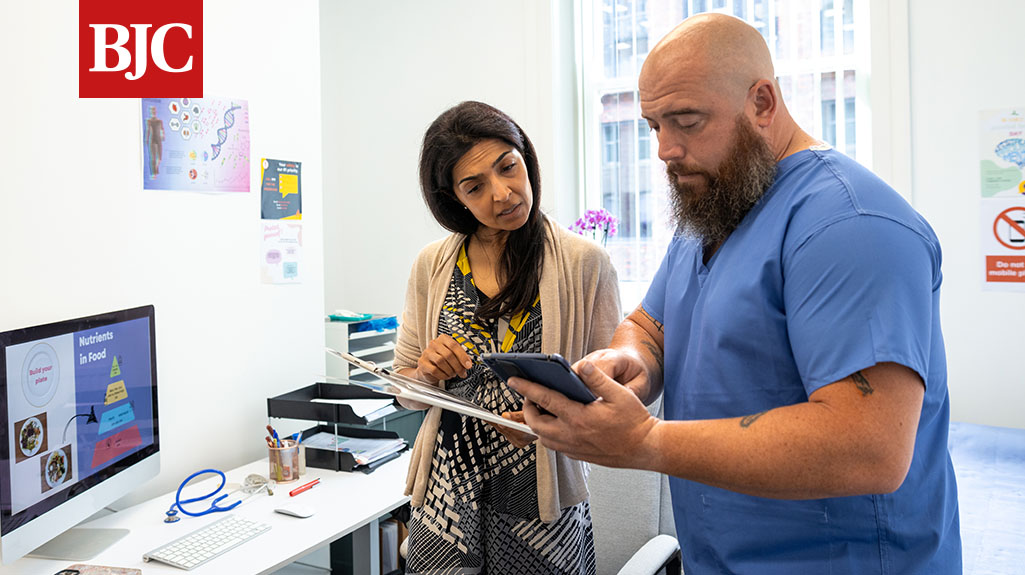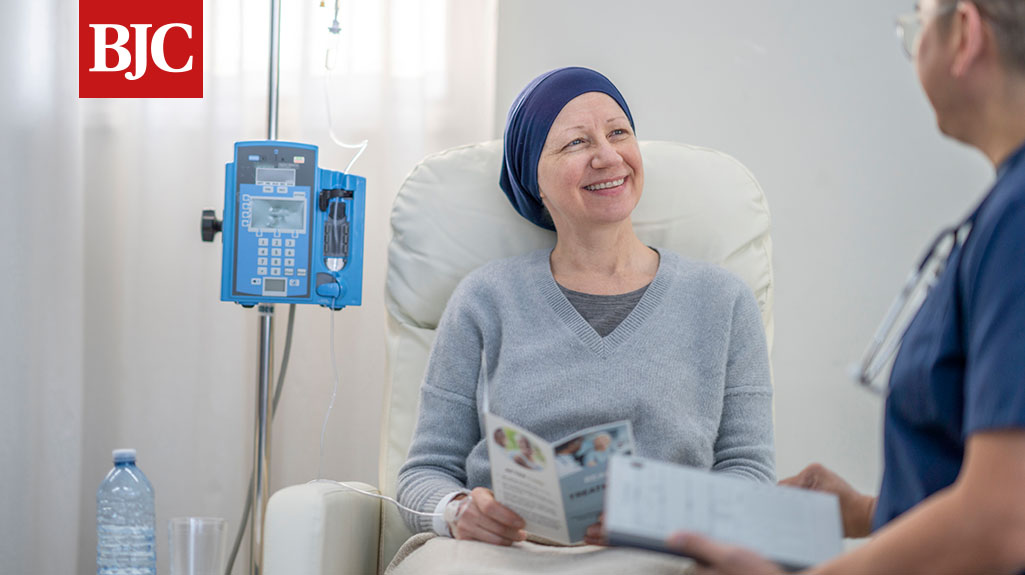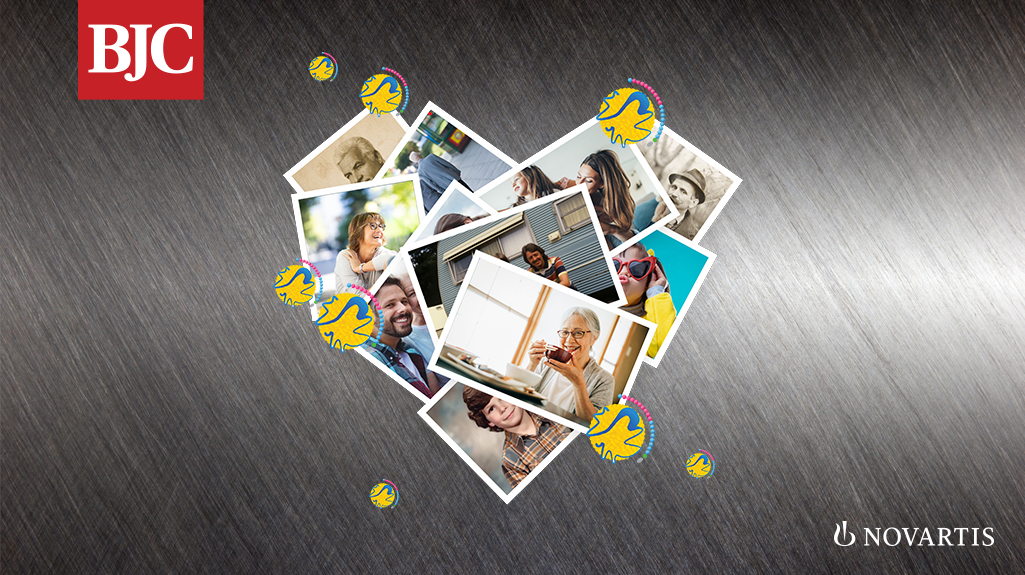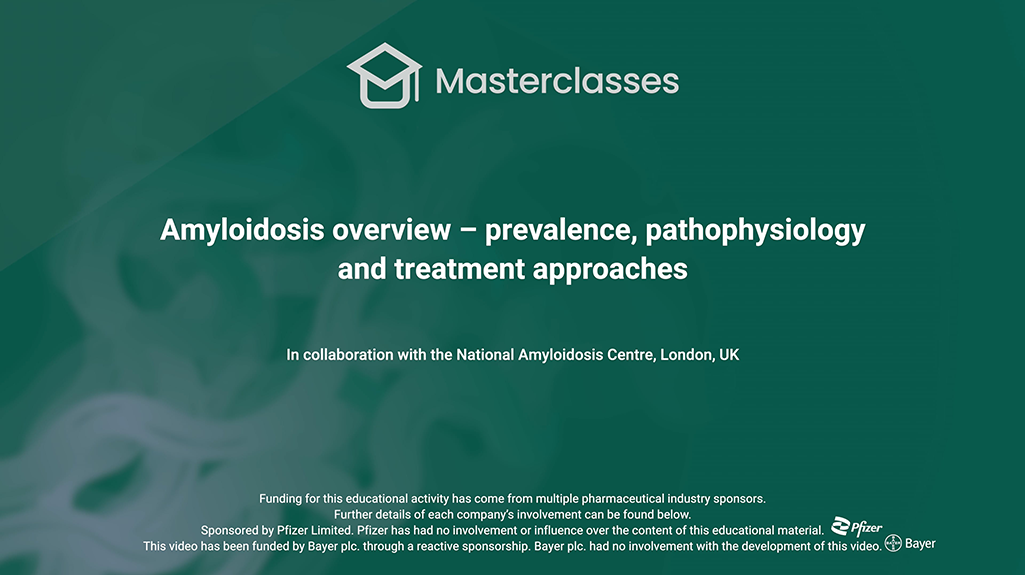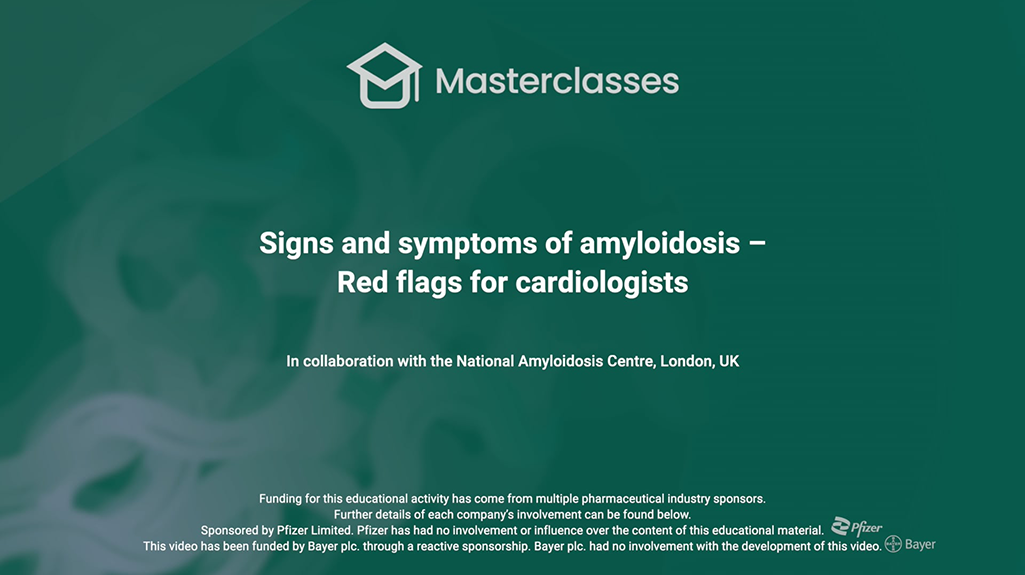Speakers
Alison Pottle Consultant Nurse in Cardiology, Harefield Hospital, UK
Jai Cegla Consultant in Chemical Pathology and Metabolic Medicine, Imperial College Healthcare NHS Trust, UK
Learning objectives
-
- To discuss the available tools and potential barriers to screening for FH
- To provide an overview of the recent advances in treatment for dyslipidaemia
- To discuss the role of lipid apheresis in treating people with homozygous FH
- To outline key discussion points to raise with people with dyslipidaemia
Learning module instructions
This BJC TV Learning module has a recommended award of 1 CPD credit for completion (1 hour of learning).
Completion requires a score of at least 80%. If less time is spent learning, then you should claim a reduced credit value.
After you have successfully completed the test you will be able to download your certificate.
Quiz Summary
0 of 5 Questions completed
Questions:
Information
You have already completed the quiz before. Hence you can not start it again.
Quiz is loading…
You must sign in or sign up to start the quiz.
You must first complete the following:
Results
Results
0 of 5 Questions answered correctly
Your time:
Time has elapsed
You have reached 0 of 0 point(s), (0)
Earned Point(s): 0 of 0, (0)
0 Essay(s) Pending (Possible Point(s): 0)
Categories
- Not categorized 0%
- Review
- Answered
- Correct
- Incorrect
-
Question 1 of 5
1. Question
CorrectIncorrect -
Question 2 of 5
2. Question
CorrectIncorrect -
Question 3 of 5
3. Question
CorrectIncorrect -
Question 4 of 5
4. Question
CorrectIncorrect -
Question 5 of 5
5. Question
CorrectIncorrect
References
- NICE (2019) Familial hypercholesterolaemia: identification and management [CG71]. Available at: https://www.nice.org.uk/guidance/cg71 (accessed August 2024)
- Morrell J. Br J Cardiol 2008;15:79–81.
- Public Health England (2018) Familial Hypercholesterolaemia – Implementing a systems approach to detection and management. Available at: https://assets.publishing.service.gov.uk/media/5b646bbced915d37793abcda/familial_hypercholesterolaemia_implementation_guide.pdf (accessed August 2024).
- Benn M et al. Eur Heart J. 2016;37:1384–1394.
- Mach F et al. Eur Heart J. 2020;41:111–188.



